CPQ for B2B Ecommerce: How to Choose and Implement the Right Solution
What is CPQ for B2B Ecommerce and Why It Matters?
Imagine a familiar B2B scenario: a potential customer wants to purchase an industrial machinery system. They aren't buying a single, off-the-shelf product; they need a specific configuration with optional modules, compatible accessories, a tiered service package, and integrated control software. This process cannot be managed with a simple "add to cart" button. This is precisely where CPQ for B2B ecommerce (Configure, Price, Quote) becomes the foundational platform for success.
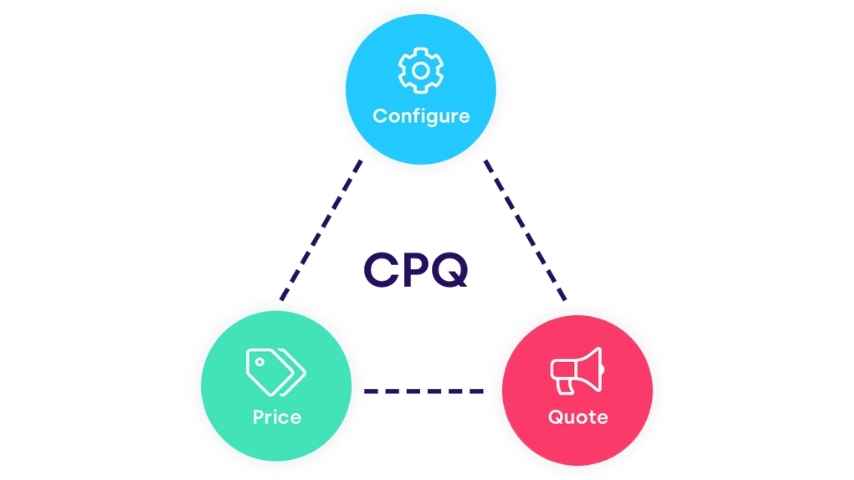
At its core, CPQ is an intelligent software suite designed to navigate and automate the most complex parts of the B2B sales cycle. Let's dive deeper into its three pillars:
- Configure: This is the "brain" of the system. It houses a sophisticated rules engine that ensures every option a customer or sales rep selects is valid and compatible. For example, the system would automatically prevent a user from selecting an engine that is too powerful for the chosen chassis or suggest a required power supply upgrade when a power-hungry component is added. It transforms the assembly of a complex solution from a daunting task into a guided, intuitive, and error-free experience.
- Price: This is the "financial heart" of the process. The CPQ pricing engine does more than just sum up part costs. It performs complex, real-time calculations, applying multiple layers of rules simultaneously: list prices, volume-based discounts (e.g., 5% off for 10 units, 15% off for 50), special pricing for strategic partners, pre-negotiated contract rates, regional markups, and short-term promotions. The result is a final figure that is 100% accurate, eliminating all guesswork and human error.
- Quote: This is the "professional face" of your business. With just a few clicks, the system compiles all configuration and pricing information into a professional-grade proposal. This quote is fully customizable with your company logo, detailed product specifications, payment terms, delivery conditions, and even e-signature capabilities. Instead of a messy spreadsheet, you send a persuasive, branded, and actionable document ready for online approval.
Why does it matter on a strategic level? In the B2B landscape, where contract values are high and sales cycles are long, customer experience and internal efficiency are paramount. CPQ is not just a utility tool; it's a strategic lever that enables businesses to:
- Drastically shorten the sales cycle: Respond to customers in minutes, not weeks.
- Increase the average order value (AOV): Through intelligent upselling and cross-selling recommendations.
- Enhance customer loyalty: By delivering an effortless, transparent, and professional buying journey.
- Create a decisive competitive advantage: The business that responds faster and more accurately will win the trust and the market share.
How CPQ Solves Common B2B Ecommerce Pain Points
Every B2B organization has inherent "pain points" in its sales process. A well-implemented CPQ solution acts as a targeted remedy for these persistent issues.
- Pain Point: The Manual, Slow, and Risk-Prone Quoting Process.
- The Reality: Sales reps shuffle between departments (engineering, finance, logistics) to confirm product compatibility and pricing policies. They navigate a labyrinth of spreadsheets, price lists, and technical documents, creating a high risk of miscommunication, calculation mistakes, and sending out an unprofessional—or worse, an incorrectly priced—quote. This process can take hours or even days, causing hot leads to go cold.
- CPQ's Solution: It transforms this convoluted workflow into a streamlined, automated process. The sales rep simply follows the guided steps on the screen. The system automatically validates the configuration, applies the correct pricing, and generates a polished PDF quote in minutes. The risk of error is reduced to nearly zero.
- Pain Point: Inconsistent Pricing—Everyone Sings a Different Tune.
- The Reality: Without a single source of truth, sales rep A might offer a different discount than sales rep B for the same customer. The price on the website may not match the price quoted by a sales rep. This creates confusion for the buyer, erodes trust, and leads to unnecessary price negotiations.
- CPQ's Solution: It establishes a central "pricing maestro." Every pricing rule, from the most complex to the simplest, is programmed into the system. Whether a customer is self-configuring on the B2B ecommerce portal or speaking to a sales rep on the phone, the final price they receive is always consistent and calculated using the same logic.
- Pain Point: Selling Complex and Configurable Products is a Major Challenge.
- The Reality: Onboarding a new sales rep to understand thousands of product combinations can take months. Customers also feel overwhelmed and uncertain when faced with a multitude of technical options. This leads to high cart abandonment rates and many missed upsell and cross-sell opportunities.
- CPQ's Solution: It provides an intuitive configuration tool and "Guided Selling" functionality. It asks diagnostic questions like "In what environment will you use this product?" or "What is your budget?" to automatically recommend the most suitable configuration. The system also intelligently suggests valuable add-ons (upsells) or compatible accessories (cross-sells), naturally increasing the average order value.
Must-Have Features in a CPQ Solution
As you begin your search for a CPQ solution, ensure it checks all these critical boxes:
- Advanced Configuration Engine: More than just simple dropdowns. It must handle dependency rules (selecting A requires B), exclusion rules (selecting C forbids D), and quantity constraints, ensuring the final configuration is always technically viable.
- Dynamic Pricing Engine: Must be ableto handle complex pricing matrices, subscription pricing, usage-based models, and apply multi-tiered discounts with flexibility.
- Guided Selling: This feature transforms your platform from a static catalog into a virtual consultant, helping customers find exactly what they need, even if they don't know the technical jargon.

- Professional and Customizable Quote Generation: The ability to easily design quote templates that match your brand identity is crucial. The system should also support approval workflows, allowing quotes that exceed a certain value to be reviewed by senior management before being sent.
- Robust, API-First Integration Capabilities: This is arguably the most critical feature. A CPQ solution must act as a perfect puzzle piece in your tech ecosystem, capable of seamless, bidirectional data exchange with your B2B Ecommerce platform, CRM (like Salesforce, HubSpot), and ERP (like SAP, Oracle).
Benefits of Integrating CPQ with Your B2B Ecommerce Platform
Integrating CPQ isn't just about connecting two systems; it's about creating a holistic and intelligent B2B sales machine.
- A Seamless Omnichannel Customer Experience: Imagine a customer starting to configure an order on their laptop at the office. They save their progress and later, while on the go, they call your sales rep. That rep can open their CRM and see the exact configuration the customer was working on, picking up the conversation without asking a single redundant question. That is a true omnichannel experience.
- Empowering the Entire Sales Ecosystem: Customers are empowered with 24/7 self-service for complex requests. Sales teams are freed from tedious data entry to focus on high-value activities like relationship building, strategic negotiation, and new customer acquisition.
- Accelerating the Quote-to-Cash Cycle: By automating the process from quote generation to approval and order creation in the ERP, CPQ significantly shortens the "Quote-to-Cash" cycle. Faster cash flow translates to better financial health for the business.
- Data is King, Clean Data is an Empire: Integration ensures that product, pricing, and customer data is consistent across all systems. This "clean" data is an invaluable asset for business intelligence, helping you identify your most profitable product configurations, understand customer buying trends, and optimize your future pricing strategies.
How to Choose the Right CPQ Solution for Your Business
Selecting a CPQ solution is a major decision. Approach it systematically:
- Map Your Processes and Define Core Needs: Before you look at any vendors, sit down with all stakeholders (sales, marketing, IT, finance) to map your current sales process. Pinpoint the exact bottlenecks. How complex are your products? Do you sell subscriptions? How many levels of approval are required?
- Prioritize Native Integration: Look for CPQ solutions that offer pre-built, native connectors for the platforms you already use. A native integration is typically more reliable, easier to maintain, and less costly than building custom integrations from scratch.
- Test the User Experience from All Angles: Don't just watch a demo. Request a sandbox environment and have your actual end-users test it: a sales rep, a system administrator, and if possible, a few trusted customers. Is the interface intuitive? Is the performance fast?
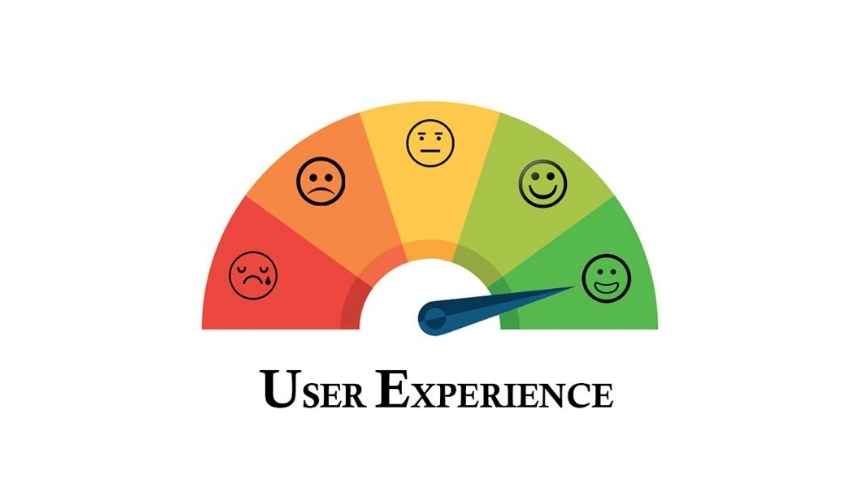
- Consider Total Cost of Ownership (TCO) and Scalability: Look beyond the initial license fee. Ask about implementation costs, maintenance fees, and, most importantly, the cost of making future changes. A platform with low-code/no-code capabilities offers far more flexibility than a system that requires specialized developers for every minor adjustment.
- Vet the Vendor's Reputation and Vision: Research case studies from companies in your industry. Read reviews on trusted sites like G2 or Capterra. Ask the vendor about their product roadmap for the next 1-3 years to ensure their vision aligns with your growth strategy.
Final Thoughts
In the digital economy, B2B companies can no longer compete on product or price alone. Today's competitive advantage lies in the customer experience and the speed of execution. Delays in the quoting process, errors in orders, or a clunky buying experience don't just lose a single deal—they can lose a customer for life.
Investing in a CPQ for B2B ecommerce system is not a technology expense; it is a strategic investment in the future of your business. It is the tool that helps you eliminate complexity, empower both your customers and your team, and build an efficient, scalable sales machine that is ready to conquer the challenges of the modern B2B market.
Looking for a simple way to understand how ecommerce really works? Head over to Ecommerce Basics — it’s where every great online seller begins.



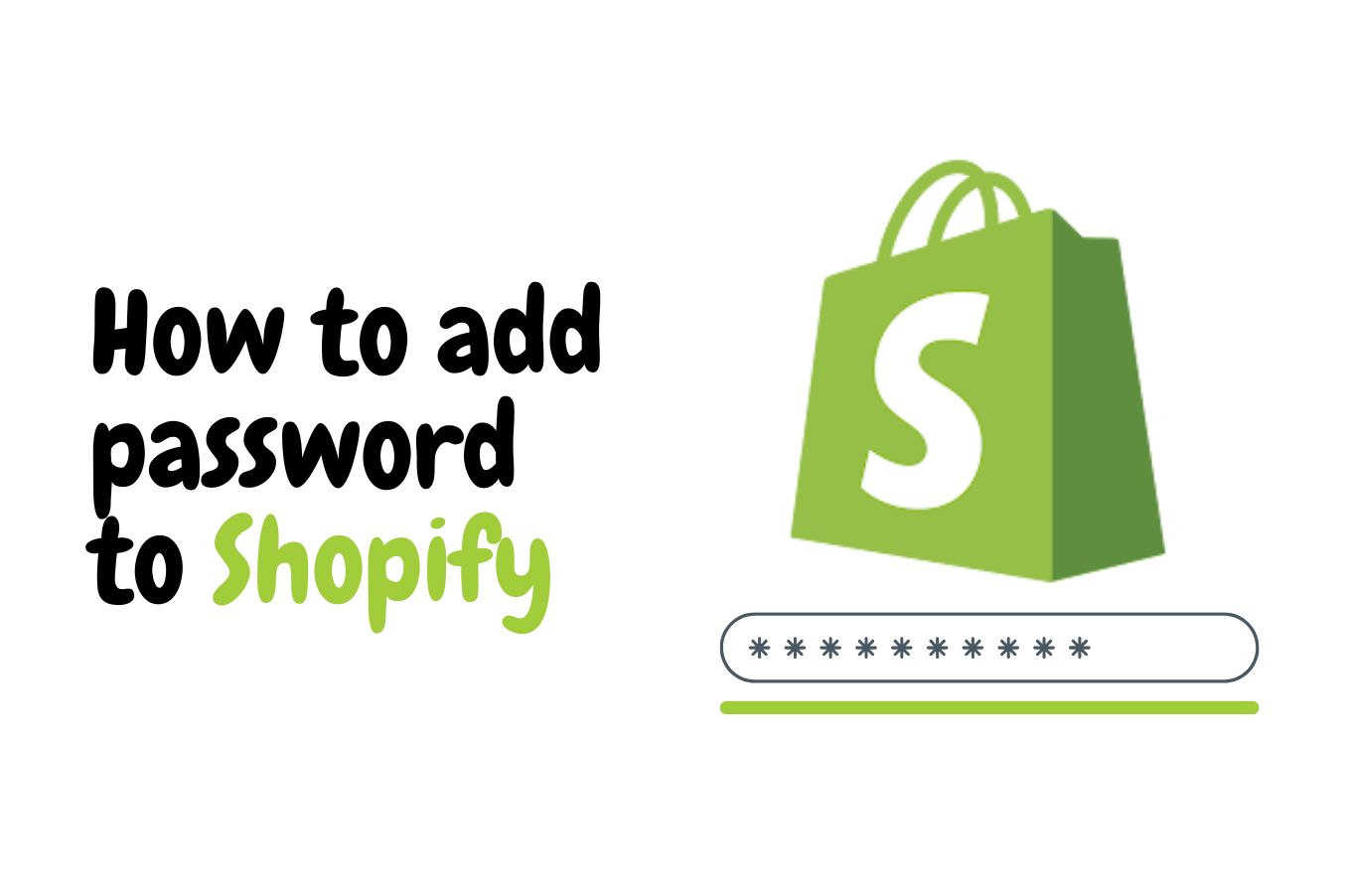
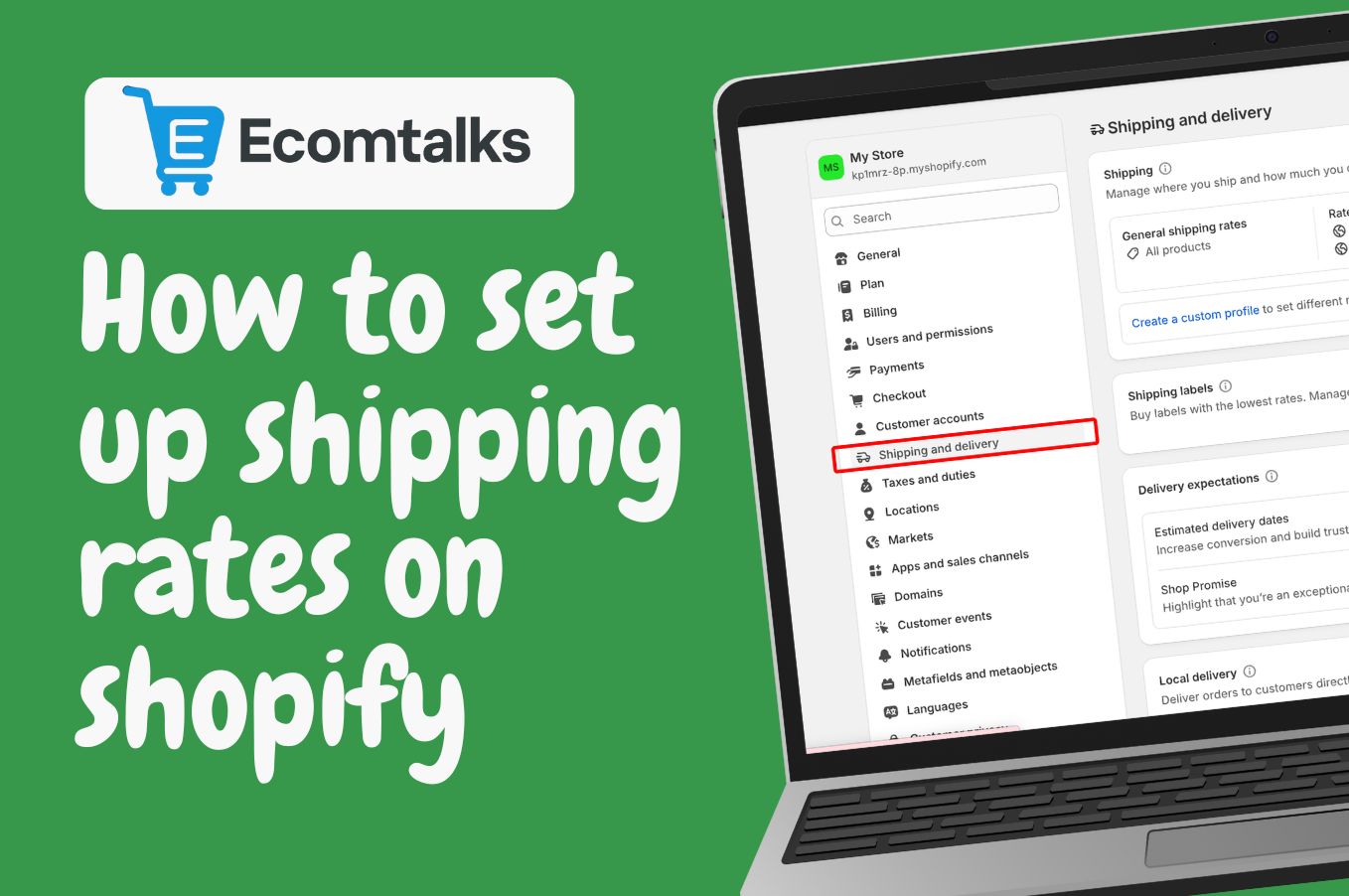
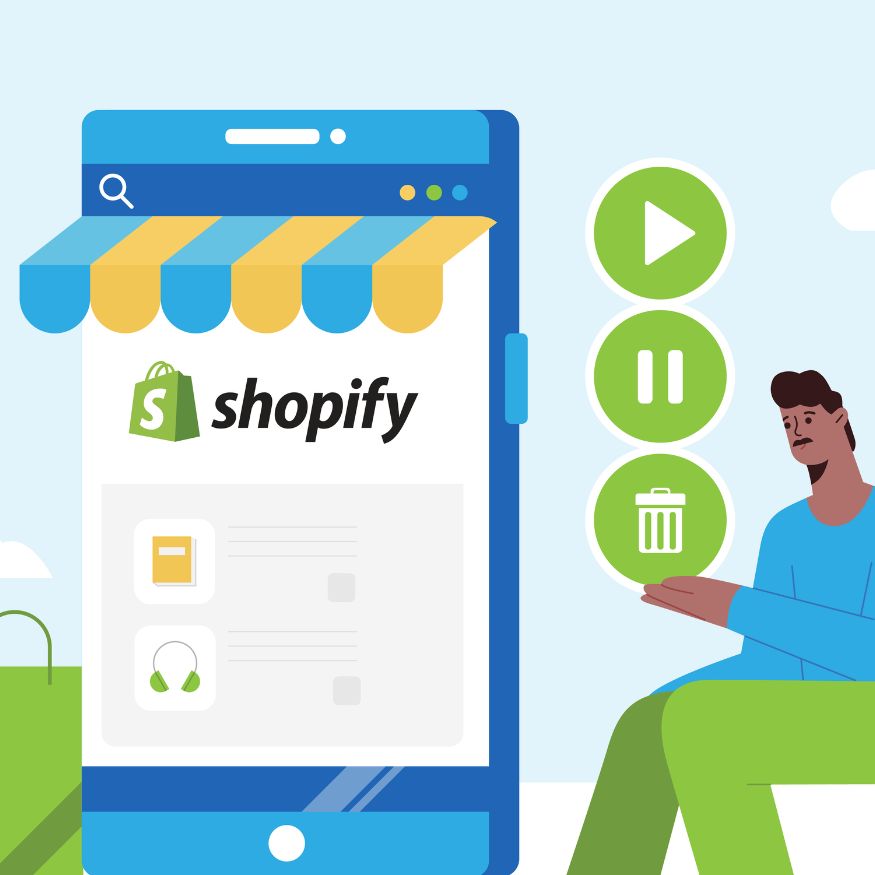
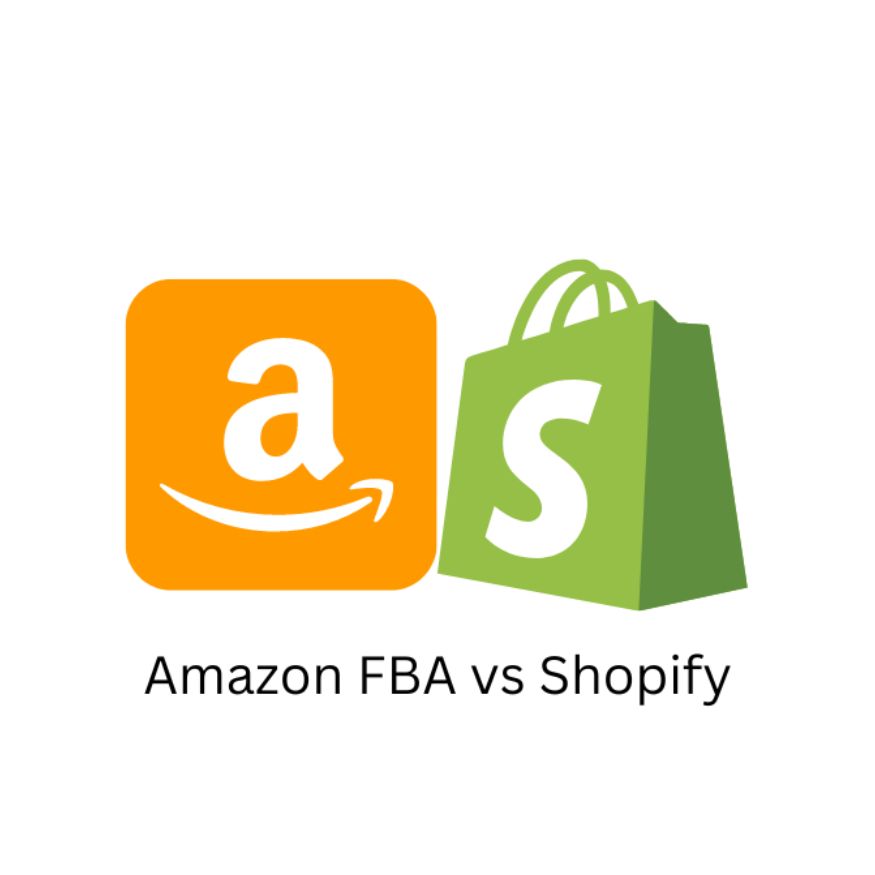
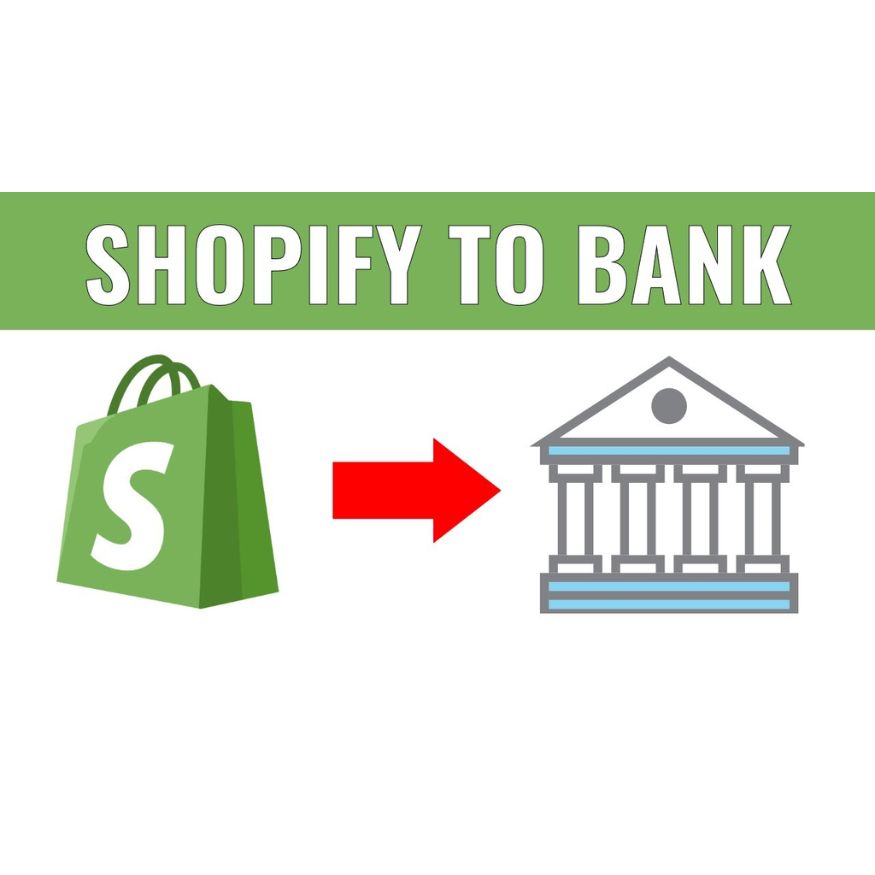
.jpg)
.jpg)